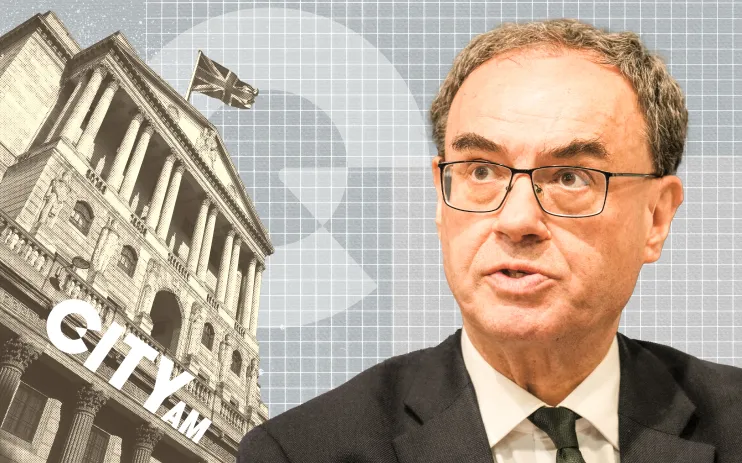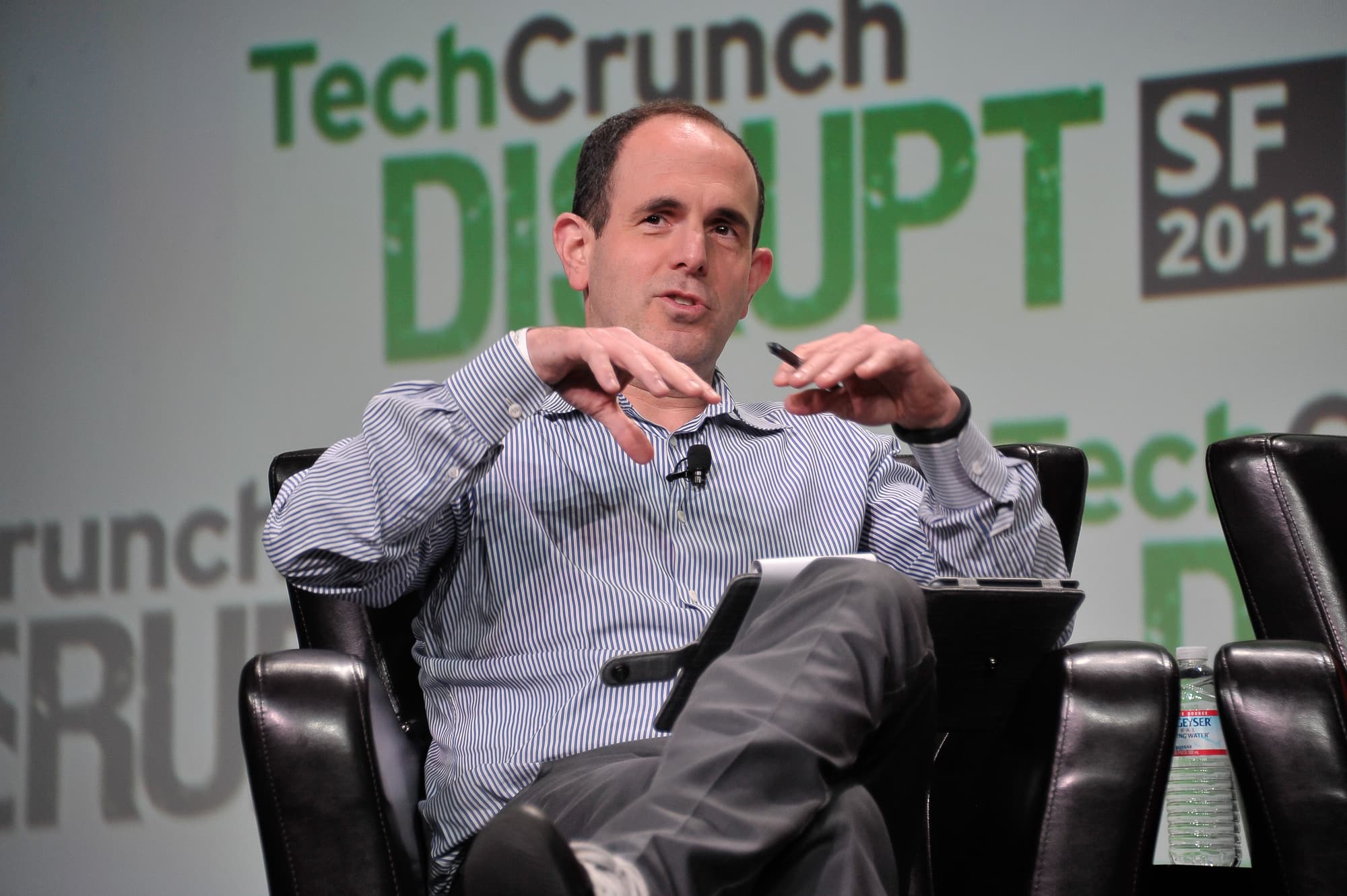By Mauricio Alencar
Copyright cityam

Leading economists from academia and the City have voted 8-1 for interest rates to be held at four per cent in City AM’s Shadow Monetary Policy Committee (MPC) ahead of the Bank of England’s own decision this week.
Top analysts, who expressed views independently of their organisations, have said that stubborn inflation above the Bank of England’s two per cent target means monetary policy should be more cautious.
Most economists highlighted the risks of a softening jobs market, with the decision made at Threadneedle Street likely to be closer than market expectations.
Vicky Pryce, a former government adviser who now sits on the British Chambers of Commerce’s economics council, was the only Shadow MPC member to vote for a cut to interest rates due to the UK economy’s potential to deteriorate further.
She said that economic problems could “intensify” if the Bank does not cut interest rates at a quicker pace.
Economists widely said future cuts should be signalled by the Bank while more “evidence” needed to emerge before the MPC chose to cut interest rates again.
It will be a busy week for analysts at the Bank given jobs market data is due tomorrow at 7am and August inflation data is published on Wednesday ahead of the MPC’s meeting the next day.
Inflation inched up to 3.8 per cent in July and it is expected to stay at that level in August, according to a Bloomberg poll of economists.
Bank forecasts suggest it could rise to as much as four per cent in September while food inflation is set to rise above 5.7 per cent due to packaging costs, tax rises and high commodity prices, according to manufacturers.
The unemployment rate, meanwhile, is expected to rise steadily over the coming months.
Ben Ramanauskas and Julian Jessop also said that an expected reduction in the sales of gilts from the Bank’s portfolio under its quantitative tightening (QT) process, which has been criticised for inflating government borrowing costs, provided greater justification for interest rates to be held.
Despite a big majority voting for interest rates to be held, economists noted the varying problems facing the UK economy and price stability.
Anna Leach – Institute of Directors, chief economist
Anna Leach said the future path for inflation was “way above target” and that monetary policy should be “restrictive to squeeze out” price growth, especially given high food inflation and Britons’ expectations of prices rising at a higher level.
“As inflation has risen, the real interest rate has declined, weakening the degree to which nominal interest rates are acting as a break on the economy,” Leach said.
But a fractured labour market and the result of firms’ ongoing response to hikes on employers’ national insurance contributions, which kicked into effect in April this year, could also “feed into” the upcoming inflation outlook.
Ben Ramanauskas – Policy Exchange, senior research fellow in economics
Vote: Hold
Ben Ramanauskas highlighted the UK’s “particularly vulnerable position” as he said there was a “very real risk” of a gilt auction not getting sufficient demand, which could leave the government at peril of a crisis in the bond markets.
But he said an interest rate cut would be “inappropriate at this time” as a holding vote and a pause in QT would show traders the Bank remains focused on getting inflation down to two per cent.
“This will be imperative if the Bank is to assuage the fears of the bond market and return inflation to target,” Ramanauskas said.
Jack Meaning – Barclays chief UK economist
Jack Meaning said a “delicate balance” in monetary policy remained due to the competing effects of high inflation expectations and a loosening in the jobs market.
“The committee must ease sufficiently to offset the continued softening we have seen in the labour market and the impact that will have, with a lag, on inflation,” Meaning said.
“However, inflation expectations remain elevated, leaving the outlook for inflation vulnerable to any future price shocks. For me, that means that holding Bank Rate steady this month but signalling an openness to cut in subsequent meetings would be the right course.”
Jonathan Haskel – Professor of Economics at Imperial College Business School and former MPC member
Jonathan Haskel, who was the only Shadow MPC member to support a hold on interest rates in August, said the decision was on a “knife edge” given the difficulties of price growth.
“Overall inflation has edged up but in line with expectations,” Haskel said. “However, we have above-expected services and food inflation.”
“Services inflation is a signal of persistent underlying inflation and food inflation is salient for inflation expectations. I would expect the committee to pause their cuts this time.”
Julian Jessop – independent economist
Vote: Hold
Julian Jessop, who backed an interest rate cut in August, said more data was needed to justify interest rates being cut further as they had already fallen to a “reasonable level”.
He put more emphasis on the management of the Bank’s QT programme when making a decision on interest rates this time around.
“The key decision at this meeting will be the pace at which the Bank will reduce its holdings of gilts over the coming year,” Jessop said.
“A significant scaling back of bond sales would strengthen the case for leaving Bank Rate on hold.”
Kallum Pickering – Peel Hunt, chief economist
Kallum Pickering said “subdued confidence” ahead of the Autumn Budget should be considered in monetary policy though domestic demand had been “resilient”, suggesting that interest rates should be held this month.
“Even though the labour market has cooled further, inflationary pressures remain somewhat elevated,” Pickering said, adding that the “lagged impact” of past cuts would begin to show in the coming months.
“If the ongoing rise in unemployment turns out to be a negative structural response to government policies, the result may be less downward pressure on wage growth than standard models might suggest.”
Katharine Neiss – PGIM Fixed Income chief European economist
Vote: Hold
Katharine Neiss pointed to forecasters’ revisions showing inflation would be higher than previously expected as a key reason for keeping interest rates on hold.
In August, the Bank revised its inflation forecasts up as it said inflation would rise to four per cent in September, highlighting the costs of packaging taxes and high commodity prices.
But the delayed timing of the Autumn Budget and rising inflation expectations should also be justifications for keeping monetary policy restrictive, according to Neiss.
Ruth Gregory – Capital Economics deputy chief UK economist
Ruth Gregory said higher inflation in September and Britons’ expectations of further price hikes would mean it “makes sense” not to cut interest rates until downward pressures become evident.
“Waiting for more clarity on the fiscal situation may also be prudent,” Gregory said as she appeared to agree with Neiss.
“That’s especially the case given the Budget on 26 November could contain announcements on ‘sin’ and environmental taxes that may directly boost inflation, and therefore inflation expectations.”
Vicky Pryce – Centre for Economics and Business Research chief economic adviser
Vote: Cut 25 basis points
Vicky Pryce was the only Shadow MPC member to vote for interest rates to be cut.
She said lower wage growth and the worse outlook for the UK economy posed a risk, and would likely bring inflation down.
Pryce also said there was “fear” that unless the Bank opted for a cut, “economic problems will intensify – particularly post-Budget”.
Her comments point to concerns that fiscal policy may undermine some of the monetary policy decisions made at Threadneedle Street.
Chancellor Rachel Reeves has emphasised the importance of tackling the high cost of living in recent weeks, suggesting her Autumn Budget may address inflation.



